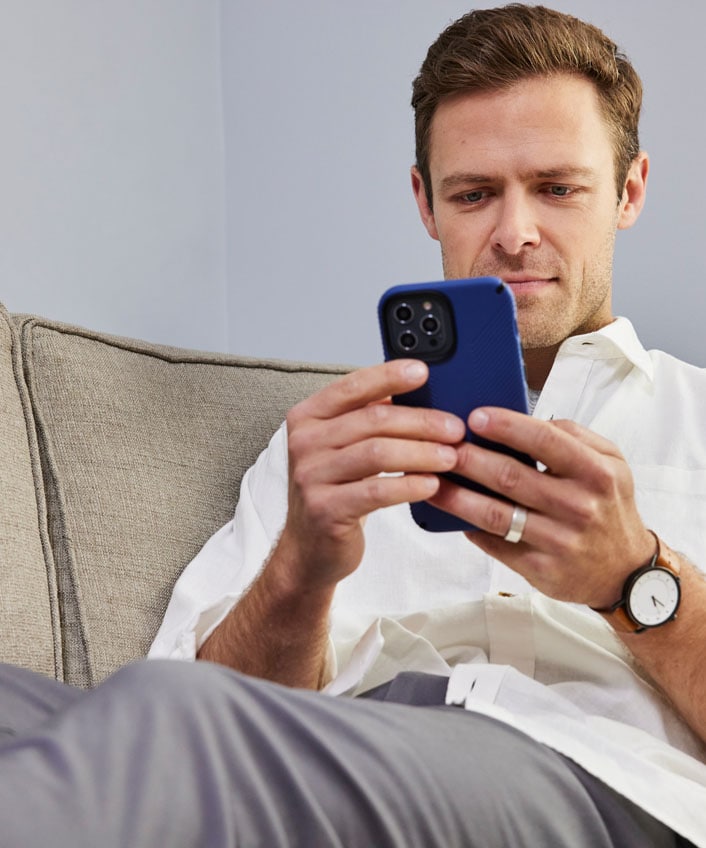-
Start typing to see suggestions.Start typing to see suggestions.
-

- Blog Home
- Privacy
Privacy
Related articles
5 articles
What is MD5 hash + how does it work?
The MD5 hashing algorithm is a cryptographic protocol used to authenticate messages. Learn about MD5 hash and how it works.
Published May 17, 2024
·
7 min read
Flowers or new device for Mother’s Day? Both can be risky
When you give mom a new device, she could become a target for cybercriminals or snoops. Here are tips to help protect against that.
Published April 14, 2021
·
2 min read
COVID-19, Apple-Google project, and your privacy: What you need to know
Apple and Google are developing a system to help track and contain the spread of coronavirus. Here's how it works and the privacy issues.
Published August 08, 2018
·
4 min read
Online Christmas shopping: Naughty or nice?
Norton released results of their Online Shopping Survey just in time for the holidays, when online retailers offer sales to lure shoppers into buying presents for themselves and others.
Published August 08, 2018
·
2 min read
The Norton with LifeLock Story
The new Norton with LifeLock helps protect your entire digital life: PCs/Macs, mobile devices, privacy, identity, family and smart home network
Published August 08, 2018
·
2 min read
- Norton AntiVirus Plus
- Norton 360 Deluxe
- Norton 360 for Gamers
- Norton 360 with LifeLock Select
- Norton 360 with LifeLock Ultimate Plus
- Norton VPN
- Norton AntiTrack
- Norton Family
- Norton Mobile Security for Android
- Norton Mobile Security for iOS
- Norton Utilities Ultimate
- Norton Driver Updater
- Norton Small Business
- Norton Genie
- Norton Private Browser
Product features
- Norton 360 Comparison
- Antivirus
- AI Scam Protection
- Windows 10 Antivirus
- Windows 11 Antivirus
- Mac Antivirus
- Virus removal
- Malware protection
- Cloud Backup
- Safe Web
- Safe Search
- Windows 10 VPN
- Smart Firewall
- Password Manager
- Password Generator
- Parental Control
- Privacy Monitor
- SafeCam
- Dark Web Monitoring
- Identity Lock
Services & Support
Copyright © 2026 Gen Digital Inc. All rights reserved. Gen trademarks or registered trademarks are property of Gen Digital Inc. or its affiliates. Firefox is a trademark of Mozilla Foundation. Android, Google Chrome, Google Play, and the Google Play logo are trademarks of Google, LLC. Mac, iPhone, iPad, Apple, and the Apple logo are trademarks of Apple Inc., registered in the U.S. and other countries. App Store is a service mark of Apple Inc. Alexa and all related logos are trademarks of Amazon.com, Inc. or its affiliates. Microsoft and the Windows logo are trademarks of Microsoft Corporation in the U.S. and other countries. The Android robot is reproduced or modified from work created and shared by Google and used according to terms described in the Creative Commons 3.0 Attribution License. Other names may be trademarks of their respective owners.





Want more?
Follow us for all the latest news, tips, and updates.